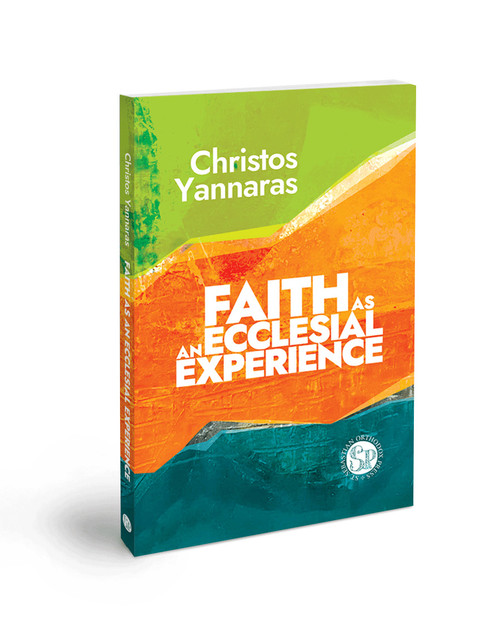Despair & Faith; A Dialogue between Kierkegaard & Patristic Thought
- SKU:
- SP-BK-CI-DIO-2023-1-2-2
- Gift wrapping:
- Options available
By: Steven-John M. Harris
In his analysis of modern malaise, Kierkegaard invokes the wisdom and practices of the ancient Christian desert hermits and of the mystics and philosophers who attempted to live out the teachings of the divine Word throughout the ages. Steven-John M. Harris helps us to situate Kierkegaard in this vibrant tradition, contextualizing his philosophy in light of the spiritual pharmacology of ancient Christianity. He sees Kierkegaards' work as following in the footsteps of such luminaries as Gregory of Nyssa, Symeon the New Theologian, and Gregory Palamas, doctors of the soul who sought to provide a roadmap from the depths of despair to the heights of communication and joy.
Language: English
Number of pages: 211, softbound
ISBN: 978-1936773886
Published: 2023
































